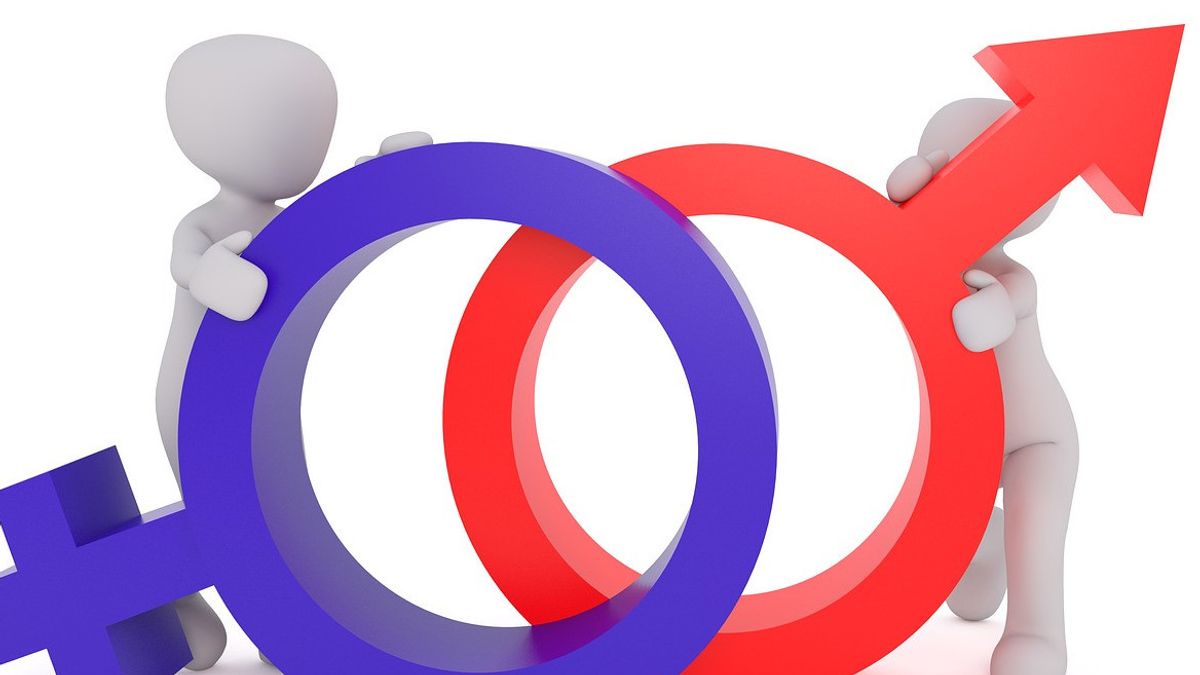JAKARTA - Expert Staff for Social Affairs and Poverty Reduction of the Ministry of National Development Planning/Bappenas Vivi Yulaswati said that Indonesia's inclusiveness index for gender equality and disability is still relatively low.
"Indonesia's inclusiveness index when compared to various countries, not only globally but also in ASEAN, turns out to be relatively low in Indonesia," said Vivi in the Webinar "Breaking Bias and Realizing Gender Equality" which was followed online in Jakarta, Tuesday, March 8.
Vivi said that Indonesia was ranked 125th or under neighboring countries such as the Philippines, Vietnam, Singapore and Thailand.
The ranking on the inclusivity index is calculated by looking at the calculation of a holistic measure of inclusive policy development that focuses on equality of taste or ethnicity, religion, gender and disability.
"This is a challenge for us to improve our performance as a country of Indonesia, in the midst of other countries and several challenges that arise," said Vivi.
The low ranking compared to neighboring ASEAN countries is an important note for the country to continue to improve accessibility for vulnerable groups, including those with disabilities, in order to grow inclusively.
According to Vivi, the state must be able to mainstream the issue of gender equality, disability, and social inclusion (GEDSI) in every policy or activity in society.
This is because there are still a number of problems, such as many women having an unsafe work environment. Based on Sakernas March 2021 data, only 1.13 percent of female workers work in a safe or healthy environment.
In fact, there is an income gap (pay gap) between women and men in the work environment, both in rural and urban areas.
Unfortunately, there are only 113 out of 548 regions throughout Indonesia that have local regulations (Perda) related to persons with disabilities. With details, 20 of them are provinces, 27 of them are cities and 66 of them are regencies.
Then in the 2021 Susenas data from the education side, there are still significant differences between women and men when viewed from the level of education. Women who never went to school 2.10 percent more than men.
Meanwhile, women who did not finish elementary school were 2.34 percent more than men. However, 10.06 percent of women graduated from college or higher than 9.28 percent of men.
Vivi emphasized that completing GEDSI requires collaboration starting from lower levels of education in order to understand the fulfillment of women's rights or disability groups.
Apart from the education sector, the COVID-19 pandemic has triggered digital and technological transformation which can be used as the key to accelerate not only policy alignment, but also the fulfillment of rights for these groups.
"By using technology, it can be the key for us to accelerate not only policy alignment but also the fulfillment of their rights," said Vivi.
The English, Chinese, Japanese, Arabic, and French versions are automatically generated by the AI. So there may still be inaccuracies in translating, please always see Indonesian as our main language. (system supported by DigitalSiber.id)








